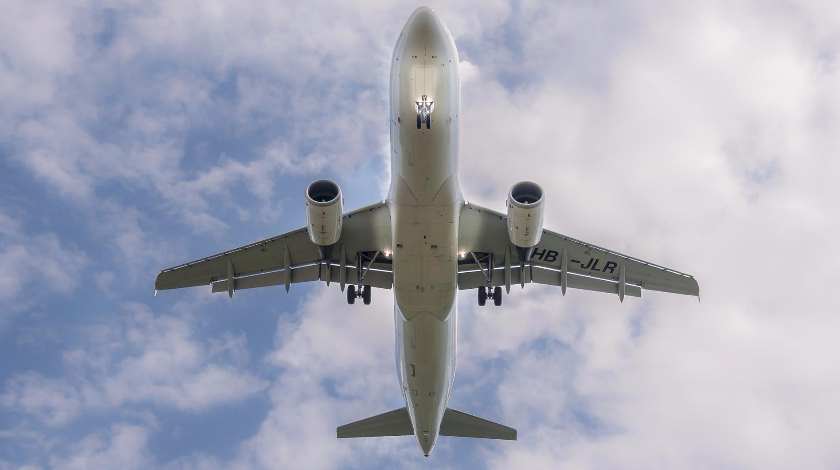Photo: Andrej Safaric / shutterstock.com
Reading Time: 2 minutesEnhanced safety measures after air travel resumes are critically important to bring as many passengers back to safe flying as possible. To regain trust in safe air travel.
A lot of airlines, including Air France, KLM, Lufthansa, have already made it mandatory to wear face coverings for both passengers and crew while being on board. More frequent cabin cleaning, limited catering procedures. For example, Emirates has even introduced fast COVID-19 testing for departing passengers.
However, is it enough to ensure safety? What about the empty ‘middle seat’ to increase social distancing in the cabin?
While someone considers this a wise move, the International Air Transport Association (IATA) says it does “not support mandating social distancing measures that would leave ‘middle seats’ empty”.
According to the authority, the risk of contracting the coronavirus on board of a plane is low. With the request to wear face masks this risk is reduced even more. In addition to face coverings, IATA has also proposed the following measures:
- temperature screening of passengers, airport workers and travelers,
- boarding and deplaning processes that reduce contact with other passengers or crew,
- limiting movement within the cabin during flight,
- more frequent and deeper cabin cleaning,
- simplified catering procedures that lower crew movement and interaction with passengers.
Also, when proven and available at scale, testing for COVID-19 or immunity passports could also be included as temporary biosecurity measures.
Meanwhile leaving the ‘middle seat’ empty would be the measure enormously increasing costs and being of not much use with the already satisfactory level of safety in the cabin. Not to omit the fact, that this distancing would not be effective, as the recommended separation for social distancing is 1 m – 2 m, and the average seat width is less than 50 cm.
“We must arrive at a solution that gives passengers the confidence to fly and keeps the cost of flying affordable. One without the other will have no lasting benefit,” said Alexandre de Juniac, IATA’s Director General and CEO.
It is reasonable to claim that with empty seats, the operational costs would be much higher and passengers would be forced to spend more on tickets.
IATA has estimated that in comparison to 2019, “air fares would need to go up dramatically—between 43% and 54% depending on the region—just to break even”.

